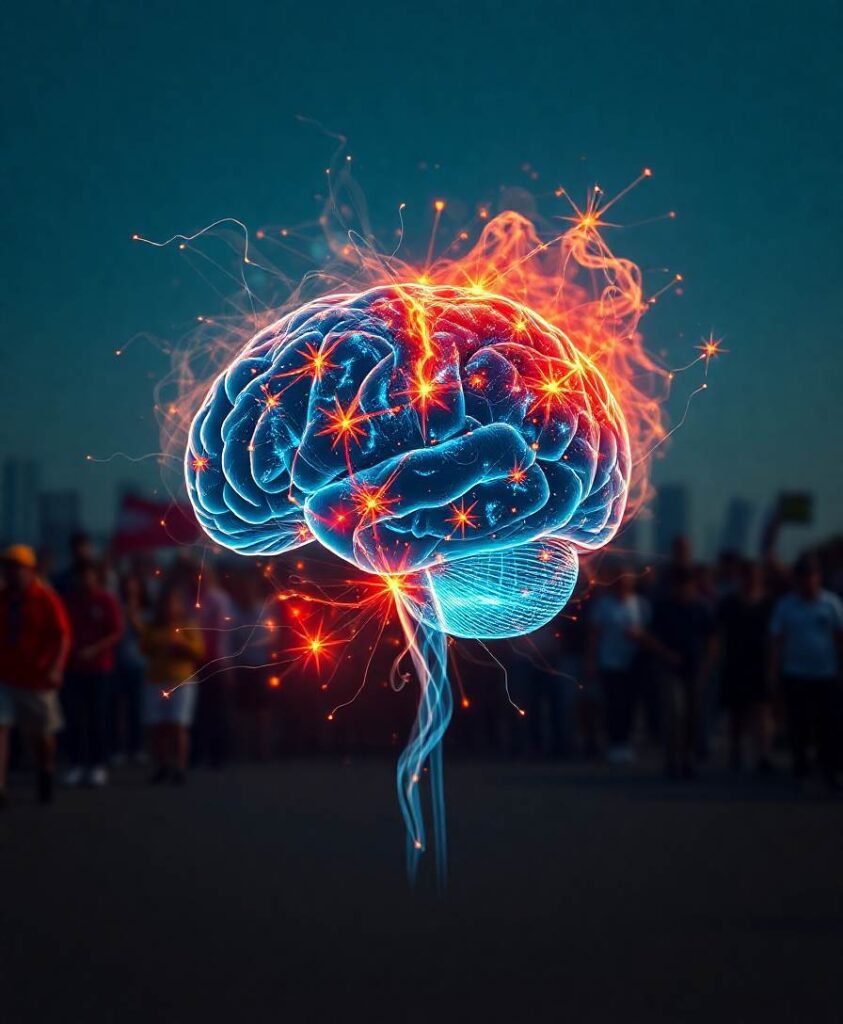Just like driving on a long, straight highway with no sights to see, virtual meetings can make us feel sleepy due to mental underload and boredom. While we previously thought that our fatigue was caused by mental overload, new research suggests otherwise. It turns out that our brains are craving stimulation and novelty during virtual meetings, and when they don’t get it, they start to tune out – resulting in sleepiness. This is akin to staring at a blank wall for hours on end; eventually, your mind starts to wander and your eyelids grow heavy. However, this new understanding of why virtual meetings tire us out opens up opportunities to make them more engaging and interactive. By incorporating elements that spark curiosity and foster active participation, we can combat mental underload and keep participants alert and focused. So if you find yourself nodding off during your next virtual meeting, remember that it’s not necessarily because the content is too much to handle, but rather because your brain needs something more stimulating! Explore the underlying research to discover exciting ways to liven up your virtual gatherings.


